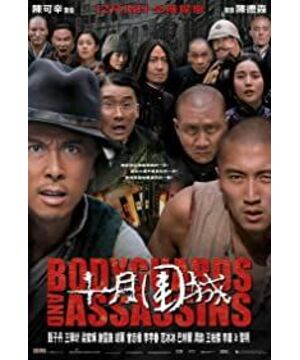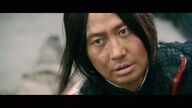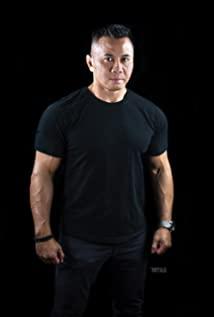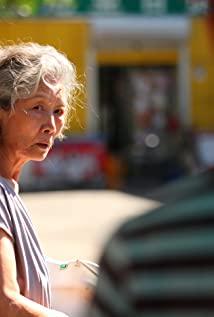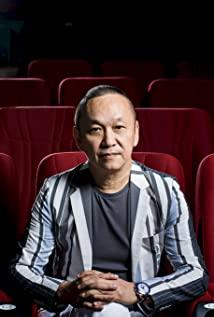"October Siege" is really good. The story, narrative techniques and performance are difficult to pick, and the emotions are even more in place. The tragic and solemn characters of the little people in the turbulent environment have many tears. There are a lot of characters, but the context is clear, the foreshadowing is sufficient, everyone has a story, and the story is complete and full of tension. Therefore, most of the action scenes in the second half are not abrupt, and the emotions are always full.
Speaking of the rules and breakthroughs of Hong Kong directors, under the theme of protecting Sun Wen, Chen Kexin and Chen Desen did not go into the stereotype of "sprinkling blood for the revolution", but instead provided more space. Different people may see to something different. The "righteousness" of the little people in the movie seems to be an interesting comparison with the previous year's "Putting Names". The three brothers of "To" are persistently entangled for their own "righteousness". The world can't bear it, but everyone in the world can be killed. The revolutionary parties, businessmen, and ordinary people of "October Siege" can be responsible for their own hearts. Generous sacrifice of righteousness. This group of people may not necessarily have strong roots, strong beliefs, or born strong men. They may even be confused about what revolution is, but this does not prevent them from having different meanings in their hearts. Of course, this meaning is not necessarily true. The concept of great harmony in the world, but it may seem quite humble, or the loyalty of friends, or loyalty, filial piety, or love, or self-salvation, in short, it is not the same dream. And the revolution here is not necessarily a response to the enthusiasm of the crowd, but it may also be a choice of personal destiny. There are no gods who have been elevated to the sanctification, only living people, flesh and blood, who seem to be more in line with that chaotic era. Therefore, it seems to be able to quote the old saying, "Those who can build build, those who can realise it, and those who can delight rejoice, and then build walls, and the same is true for righteousness." And several "Greater China films" directed by Hong Kong directors, from "Famous Name" to "Ip Man" to "October Besieged City", all have similar values to some extent, and it is rare that they all give a good Chinese style Express, not just re-cook Hollywood's old soup.
The combination of civil and martial arts is so good that it should not be divided, but Mr. Dong Wei's part is really weak. Except for the moment when the eagle and the dog fell from the sky and Bartle pulling the archway, the others are relatively mediocre and messy enough. Compared with the classmates' parkour and heads-up, the judgment is high and low-but that heads-up, it seems that the integration with the plot is not close enough, it is more like the addition of bullets. And classmate Liming is really too miserable. It is obvious that he has sacrificed a lot, but it is not good. Hua Yingxiong's shape is speechless - it makes people wonder if it is Liu Weiqiang's idea, and the movements are designed to be elegant and freehand, which is inevitable. Some are nondescript.
The actors are almost impeccable, from Nicholas Tse to Battelle and Li Yuchun, all of them have their bright spots. Ren Dahua's appearance was very short, but his momentum was excellent. Bullets also made breakthroughs. Depressed, lost, and hesitant, they fought hard to find hope, and they were incisively and vividly. Wang Xueqi and Wang Bojie are quite like father and son. Compared with the temperament of the former, the performance of the latter is more commendable. As for Hu Jun, he is indeed quite like Ji Chunhua, and he is quite aura when he criticizes Liang Jiahui. I have to say two more words at dawn, and in the part where I was drunk on the street with Wang Xueqi, the lines were yin and yang strange.
While waiting for "October Siege", several buddies felt that this should be the first film in Chinese this year. Today, it seems like no accident. And sincerity, there is really no need to talk about anything else. The movie is also worthy of Chen Desen's ten years of suffering and longing. The city he never forgets looks so real from the sea.
(The 12th issue of "Most Sports", please do not reprint by commercial media)
View more about Bodyguards and Assassins reviews


